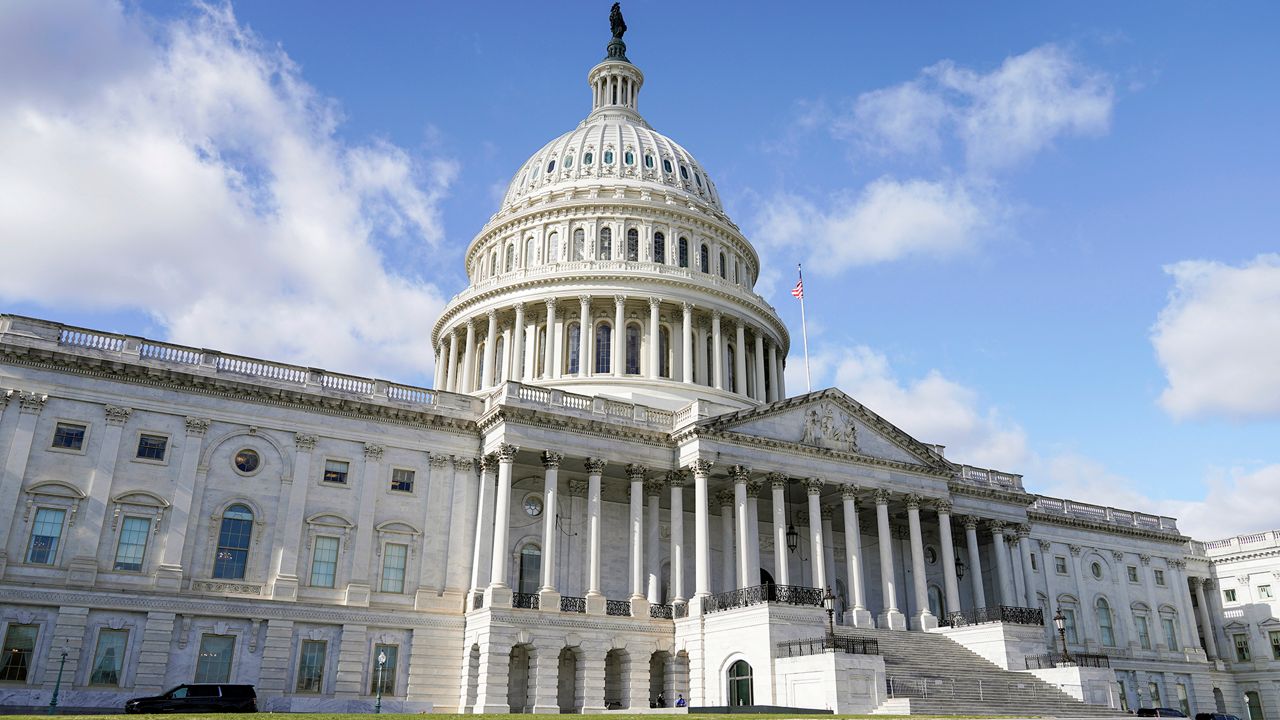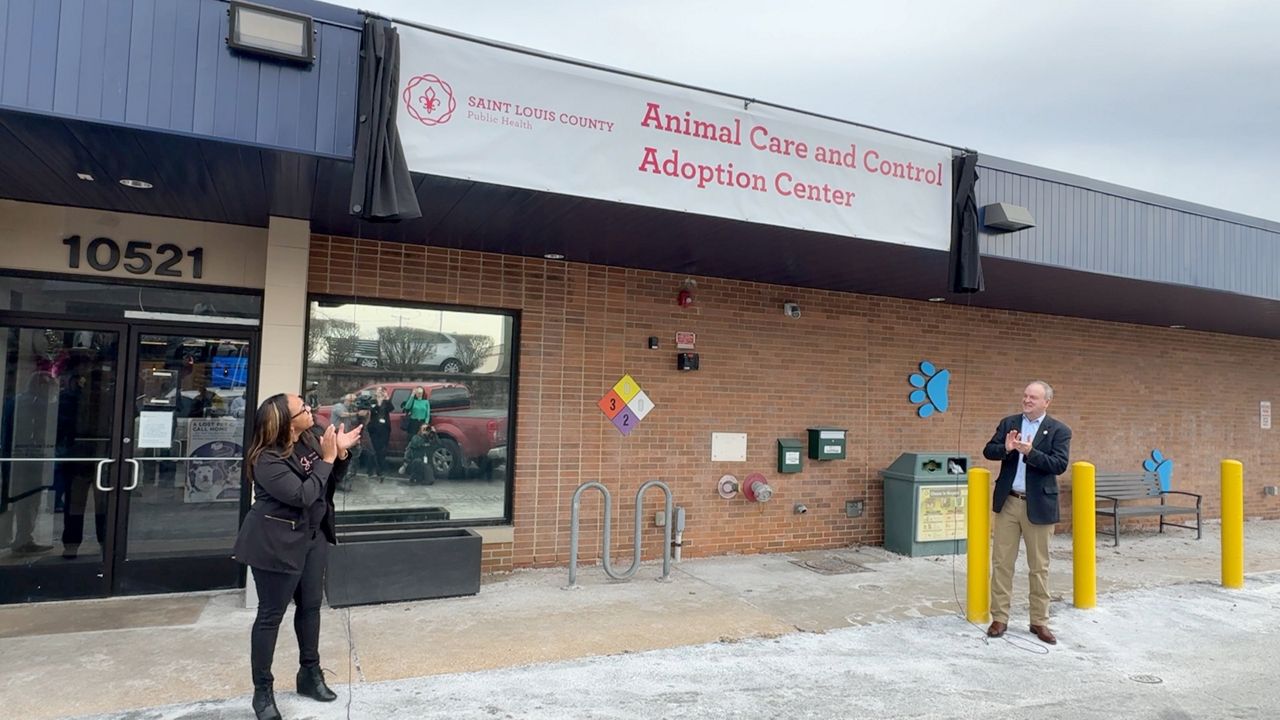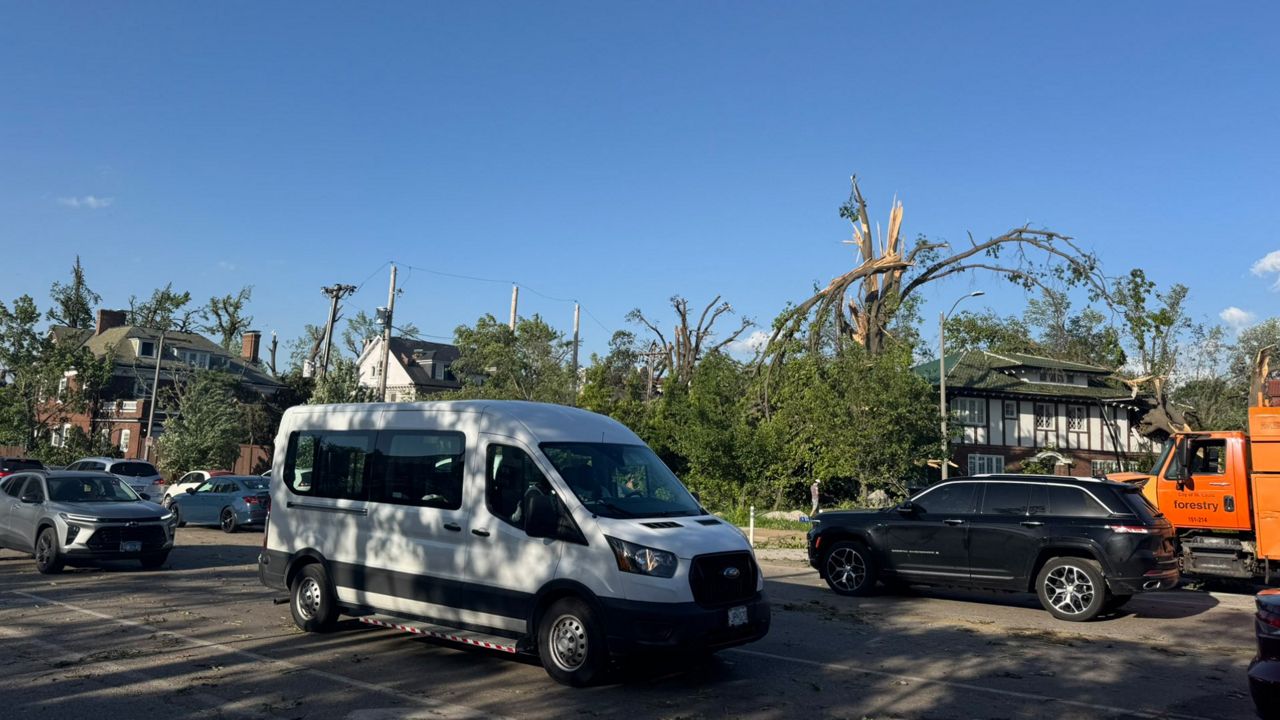ST. LOUIS—With members of Congress scheduled to remain out of Washington until a “lame duck” session after the November election, time is running out for the House to pass legislation to restore a federal program that pays victims of nuclear radiation and expand it to include parts of the St. Louis region.
The Radiation Exposure Trust Fund went dark in June after the House failed to vote on a measure sponsored by Sen. Josh Hawley, R-Mo., which would extend the program and add residents of more than a dozen St. Louis area ZIP codes, along with residents in New Mexico, Guam, Kentucky, Tennessee and elsewhere to a program that began in the early 1990s to compensate victims of radiation exposure.
On Wednesday, Sen. Roger Wicker, R-Miss., the Ranking Member of the Senate Armed Services Committee who is in line to become the committee's chair if Republicans take control after the November elections, told reporters here Wednesday that it would have to wait until the next Congress takes office.
“It’s not something that the House of Representatives is gonna take up this year. I think a better solution to that would be to tailor it more precisely,” said Wicker, who was in town to tour National Geospatial Intelligence Agency sites with Sen. Eric Schmitt, R-Mo. Wicker voted against the bill in the Senate. “I think there’s a way to make it more targeted and to give relief to people who need it without the huge big budget impact and that’s what I’m striving for,” he said.
Despite heavy lobbying by activists from St. Louis and around the country, the House has not scheduled a vote on the bill. House GOP leadership has expressed concerns about the overall cost of the original Senate bill, estimated at up to $60 billion over 5 years.
Hawley responded sharply to Wicker’s prediction in a statement to Spectrum News.
“What an ill-informed and frankly insulting attitude toward the victims of nuclear radiation in Missouri. This is the kind of intransigence we have had to fight at every step. But we prevailed in the Senate. Now the House must schedule a vote as soon as they return,” he said.
Speaking on background, a source familiar with the situation said Wicker twice tried to kill the Senate’s Radiation Exposure Compensation Act bill and failed, and that negotiations continue in the House, along with communication between Hawley and House Speaker Mike Johnson
Wicker, the source adds, is not part of those talks.
A spokesperson for Speaker Johnson did not respond to a request for comment Wednesday.
Wicker added that another potential path for the RECA bill, through the National Defense Authorization Act, an omnibus defense policy bill, was unlikely this year. It was included in last year’s version that passed the Senate but was stripped out of the final language negotiated with the House.
Schmitt, who has also advocated for RECA legislation, hopes skeptics can be brought on board.
"The House hasn’t really shown any willingness to move it so I wish I could be a little bit more optimistic about it. We’re going to keep fighting for it," he said.











